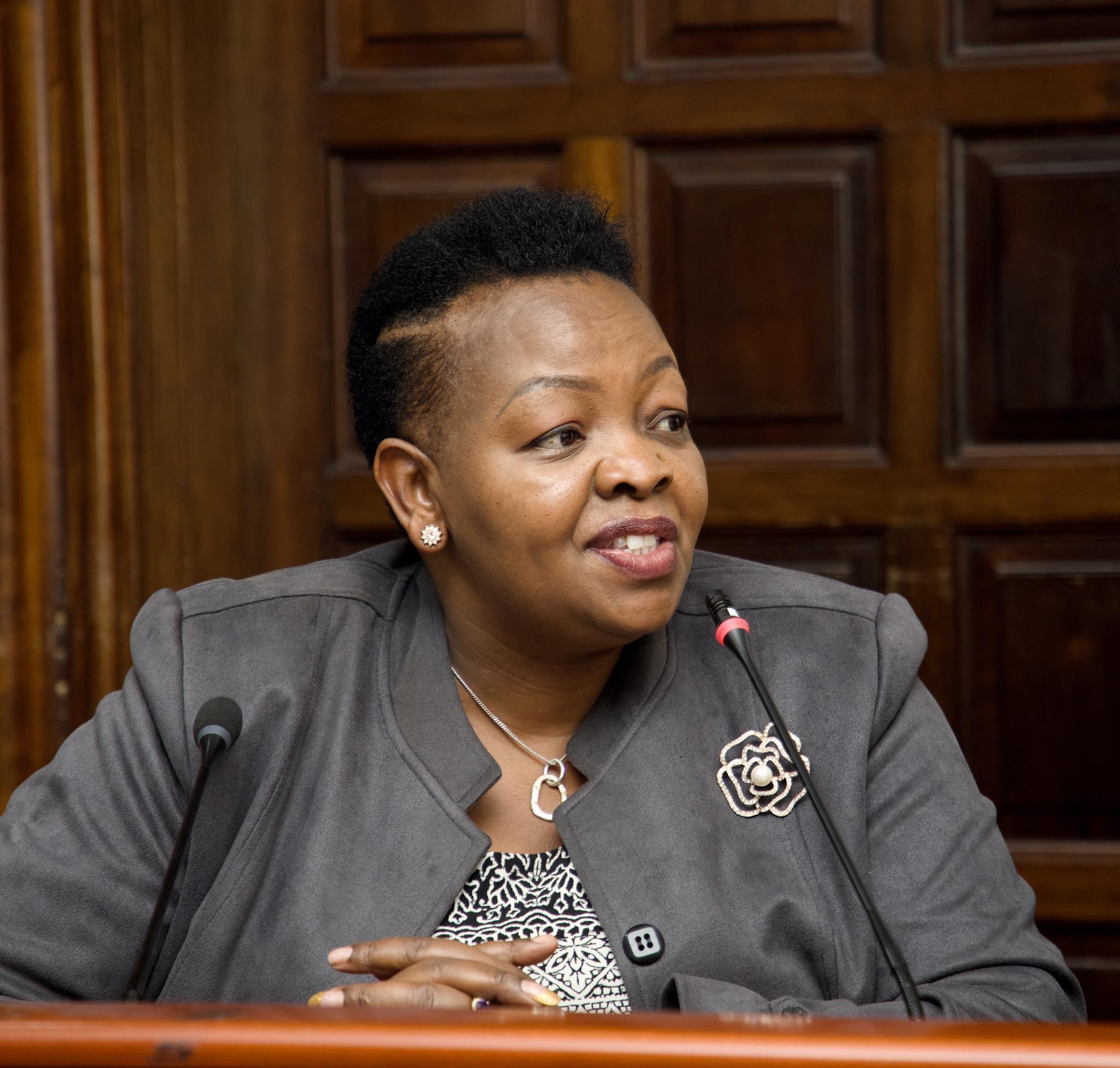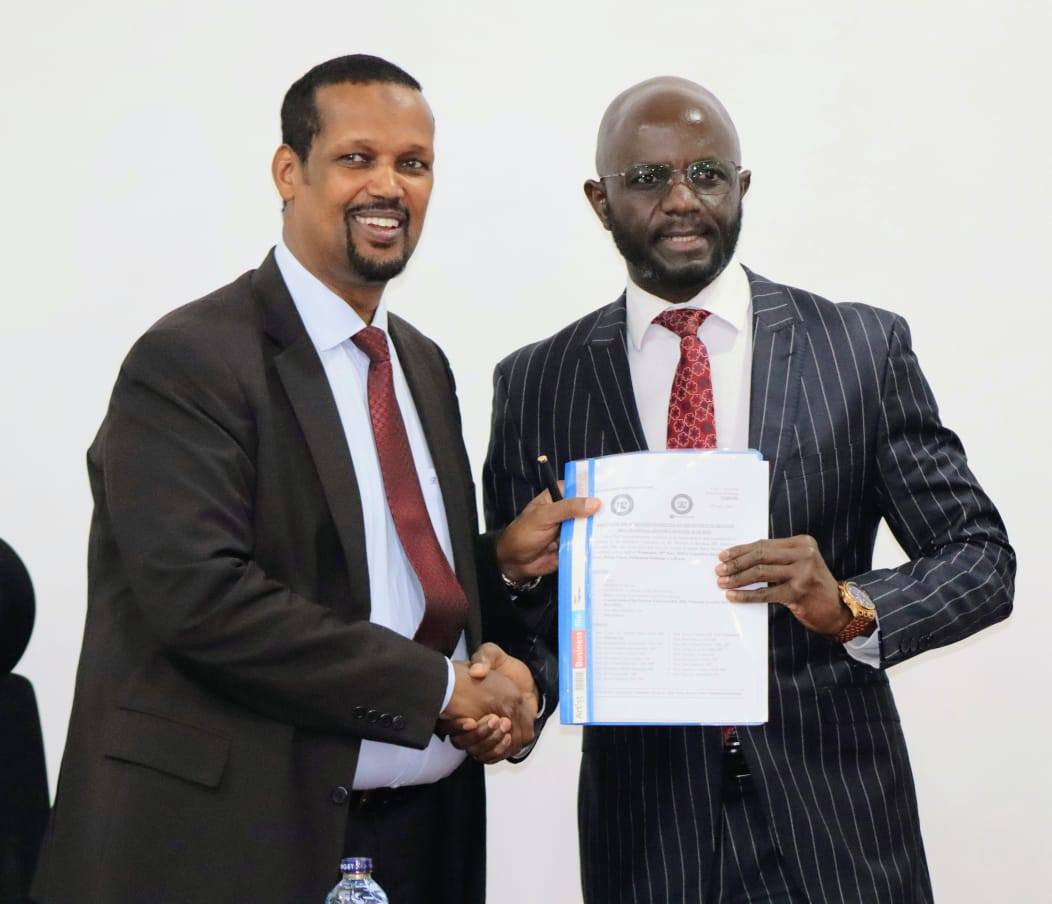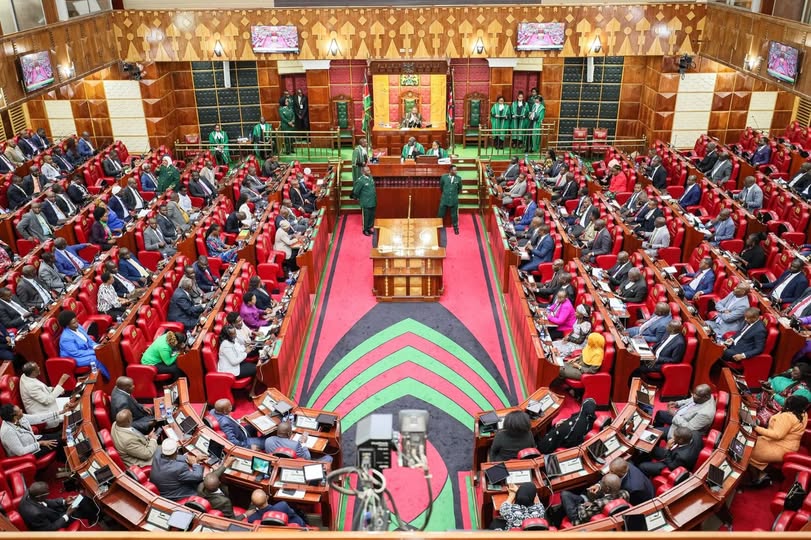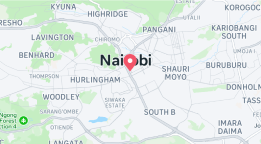Speaker Wetang’ula reflects on Kenya’s constitutional journey, urges inclusive reform as Nigeria seeks lessons
Monday, 30 June, 2025
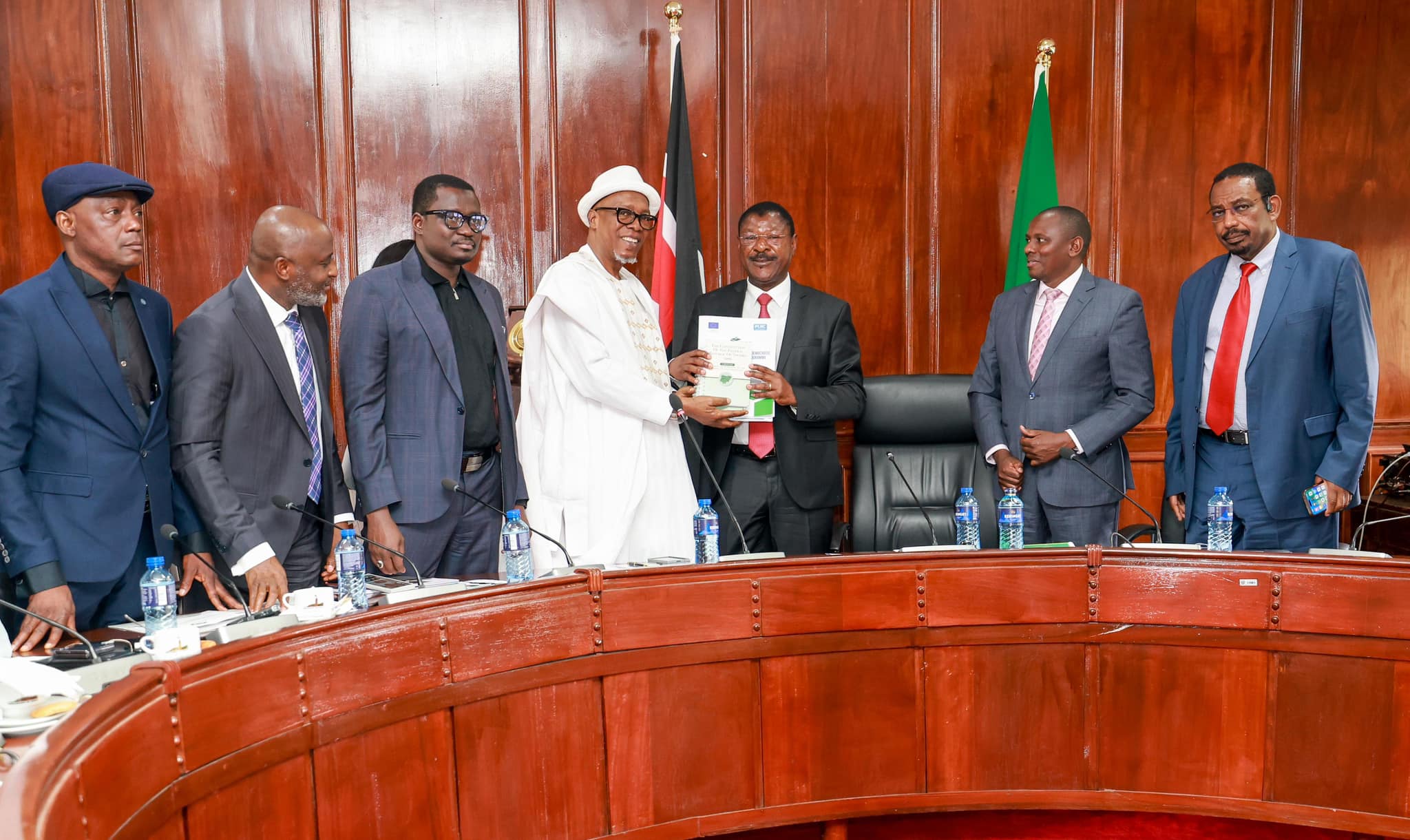
Speaker Wetang’ula reflects on Kenya’s constitutional journey, urges inclusive reform as Nigeria seeks lessons
Parliament Buildings
Thursday, 26th June, 2025
Speaker of the National Assembly, Rt. Hon. Moses Wetang’ula has urged Nigeria to pursue a people-driven and inclusive constitutional reform process, drawing from Kenya’s own challenging but ultimately successful journey to the 2010 Constitution.
Speaking during a high-level engagement with a Nigerian parliamentary delegation led by Rt. Hon. Julius O. Ihonvbere, Hon. Wetang’ula recounted the tumultuous path that began with the Inter-Parties Parliamentary Group (IPPG) reforms of 1997 and culminated in a new constitutional order in 2010 one that introduced devolution, a more robust Bill of Rights, and public participation in governance.
“We had a process called IPPG in 1996. Along the way, we were not sure we got what we wanted, but eventually, we went to a referendum. The first attempt in 2005 was defeated not because the draft was bad, but because of the polarized politics at the time,” Speaker Wetang’ula recalled.
He emphasized the importance of broad consensus, professional involvement, and public participation in any reform process. Citing Kenya’s Bomas process, he added
“We spent nearly six months at Bomas of Kenya, what made Kenyans vote for the final draft was one thing devolution. People wanted power decentralized from Nairobi to their communities.” Added Speaker.
Hon. Wetang’ula also addressed one of Kenya’s most persistent constitutional hurdles: achieving the constitutional two-thirds gender rule. He noted that although there has been progress 29 women elected to the National Assembly and 3 to the Senate, acknowledging that the journey remains steep.
“When I joined Parliament in 1992, we had only three elected women. Today, the numbers have grown, but very slowly. Even attempts to legislate the two-thirds rule have failed multiple times due to cultural and patriarchal resistance,” he said.
Speaker Wetang’ula added that although Parliament had been declared unconstitutional at one point for failing to meet the gender threshold, such judgments were difficult to enforce.
Majority Leader Hon. Kimani Ichung’wah and Minority Leader Hon. Junet Mohamed echoed these sentiments, highlighting both cultural barriers and the positive role of affirmative action in nurturing future women leaders.
The Nigerian delegation, led by Hon. Ihonvbere, said they were keen to draw lessons from Kenya’s model as they embark on a review of their own constitution. They appreciated the frank discussions and expressed willingness to create a Kenya-Nigeria Parliamentary Friendship Group.
“We came to learn, and indeed we have. Your candidness has given us perspective. We’ll go back with valuable insights,” said Hon. Ihonvbere.
Speaker Wetang’ula promised to facilitate more collaboration between the two countries, including technical exchanges and access to Kenya’s constitutional reform archives.
“In Africa, we never say goodbye we say come again,” he told the delegation.
The engagement comes at a time when several African nations are grappling with constitutional fatigue, legitimacy crises, and gender representation challenges. Kenya’s model, imperfect but instructive, is increasingly being viewed as a template worth studying.
Hon. Millie Odhiambo, a ranking member who participated in the 2010 constitution-making process, added a poignant reflection:
“Kenya’s progress on women’s representation would not have been possible without affirmative action. But even now, women face resistance rooted in culture, tradition, and religious bias. Without structured inclusion, we risk exclusion.”
As Nigeria eyes reform, Kenya's hard-earned lessons offer both a roadmap and a caution: without unity, inclusivity, and give-and-take, the road to reform is a cul-de-sac.



